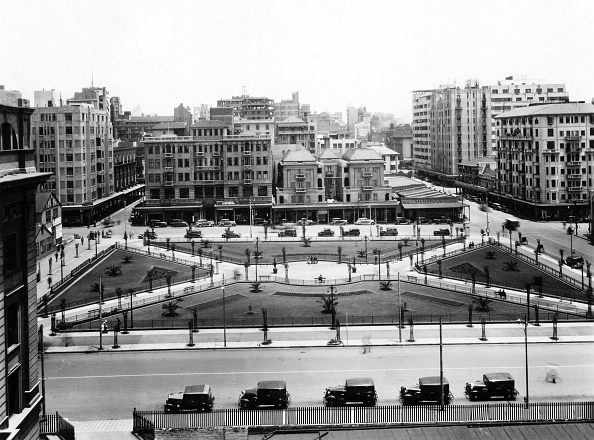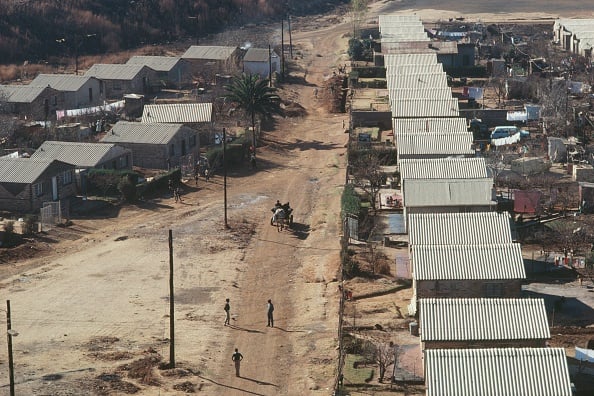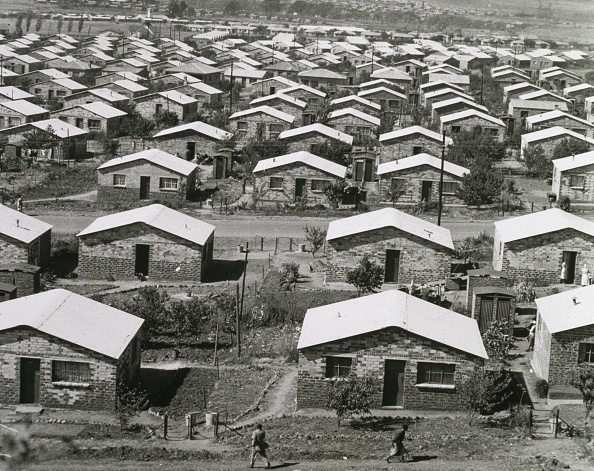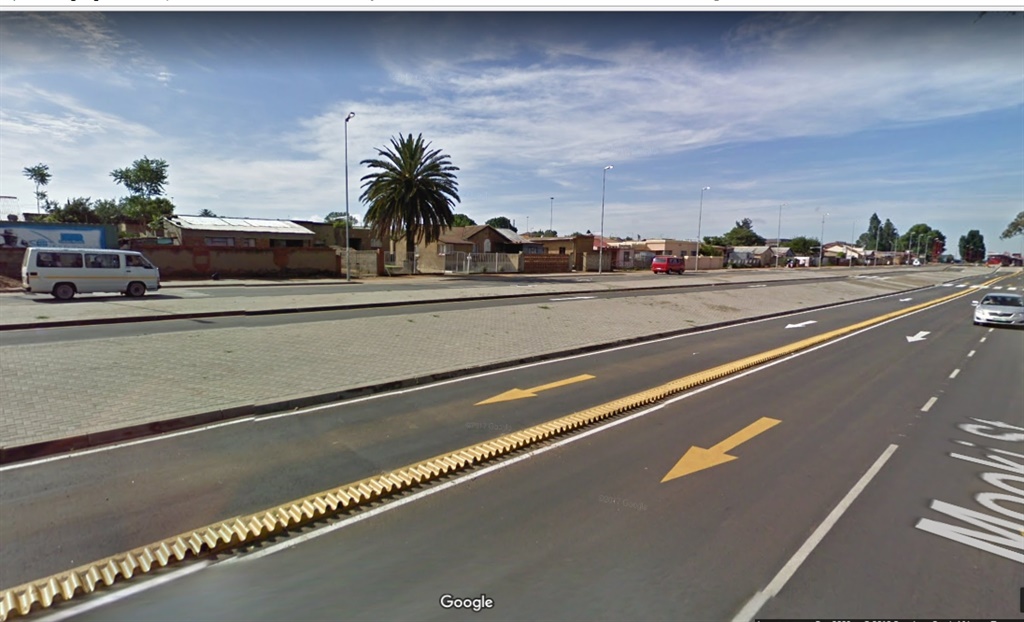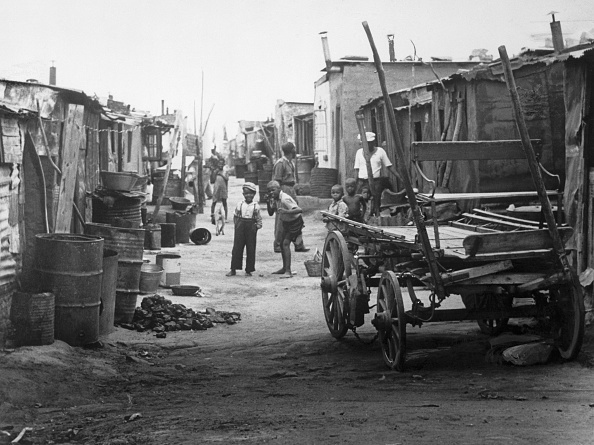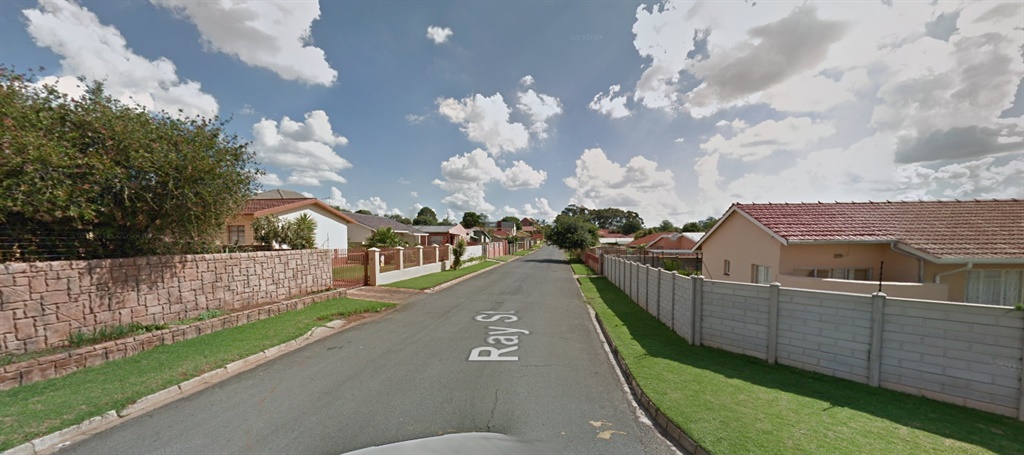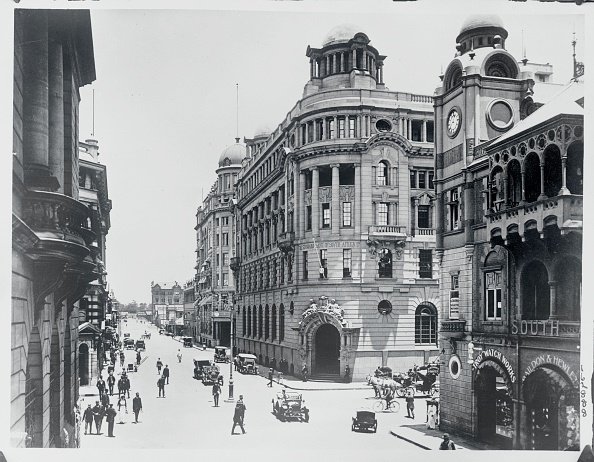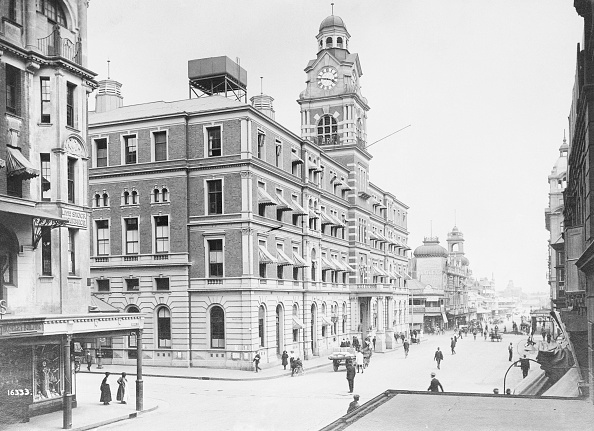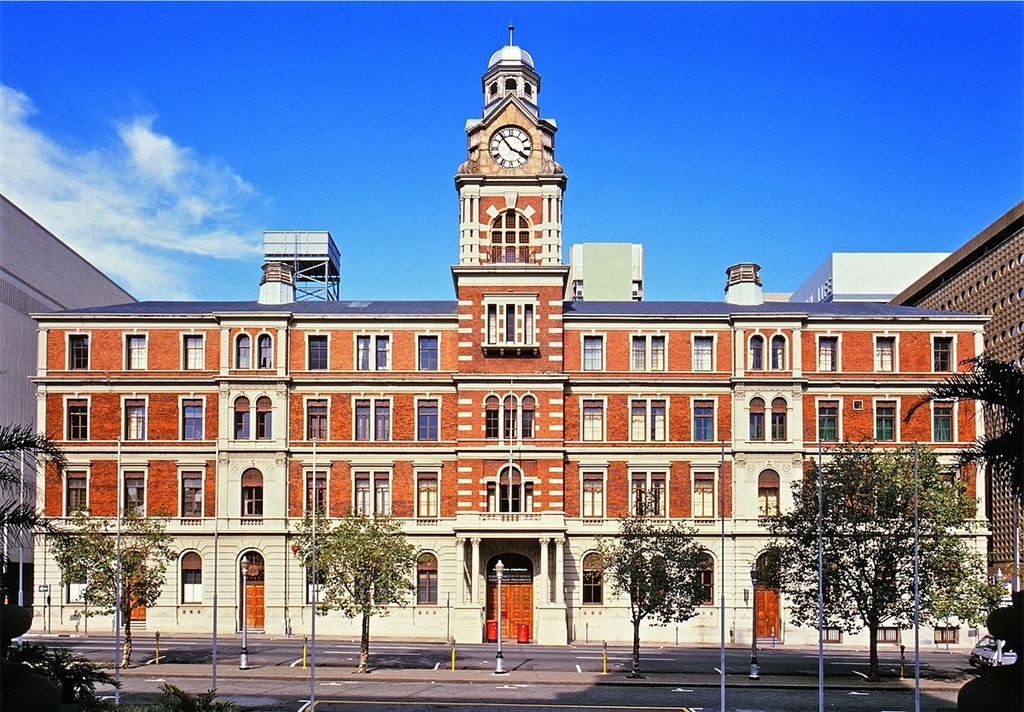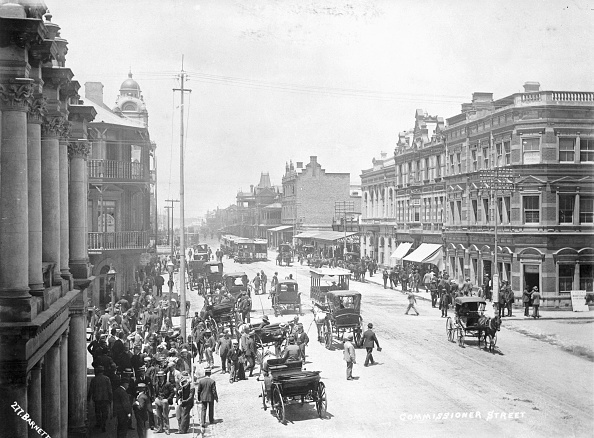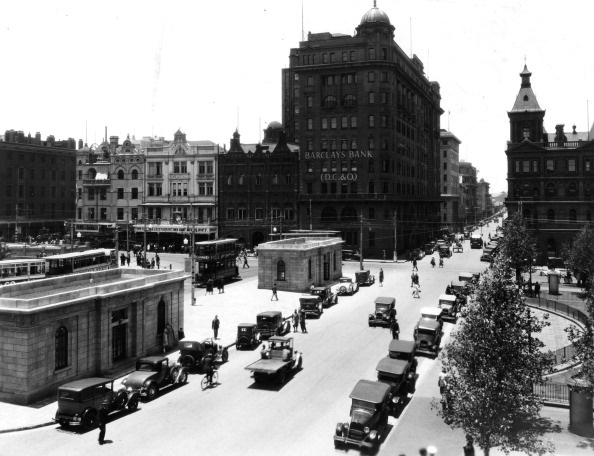ARTS & ENTERTAINMENT // MOVIES
‘Gabriel and the Mountain’ looks at a young man’s last days in Africa

“Gabriel and the Mountain” — a meandering yet fascinating account of a young traveler’s death in Africa — is a hybrid documentary-narrative with a twist: Actors play the two main roles, re-creating scenes with the real people who encountered the traveler in his final days.
It’s a conceit that works seamlessly, and the effect is often haunting, even if the narrative firepower fizzles in portions of the ambitious, beautifully photographed film.
Director Fellipe Barbosa begins the true story in 2009 on the lush slopes of Mount Mulanje in Malawi, where field workers discover the body of Brazilian Gabriel Buchmann. Then we go 70 days earlier, when Gabriel — taking a year off from school to purportedly study poverty in Africa — is staying with a family in Kenya.
- Unlimited Digital Access for 99¢
- Read more articles like this by subscribing to the San Francisco Chronicle
The friendly Gabriel (Joao Pedro Zappa, convincing) appears to have never met a stranger, and disdaining anything “touristy,” he attempts to immerse himself in the local scene by hunting for rabbits and wearing traditional African dress. It’s a naive gesture, one of youthful pretension and unwitting self-entitlement.
Gabriel and the Mountain
Read More
Eventually, Gabriel moves on to Tanzania for a rendezvous with his girlfriend, Cristina (Caroline Abras, very good), and there, they alternately bicker and show genuine affection for each other. Zappa and Abras have a lively chemistry, and when she exits before the final act, it reminds us that Gabriel’s fleeting interactions with the local residents, though convincingly realized, aren’t nearly as captivating.
In the scenes with the locals, we see snippets of Gabriel’s character, but the moments don’t drive the story along, as much as get him from point to point.
Barbosa is much more interested in examining the many sides of Gabriel — he knew the young man personally — than in solving the mystery of what happened on the Malawi mountainside.
Yet even if the proceedings sometime feel like a travelogue, the reconstructions of Gabriel’s last days alive, down to the exact locations and personal interactions, leave a strong impression.
David Lewis is a Bay Area freelance writer.
 Drama, documentary-narrative. Starring Joao Pedro Zappa, Caroline Abras. Directed by Fellipe Barbosa. In Portuguese, Swahili, French and English, with English subtitles. (Not rated. 127 minutes.)
Drama, documentary-narrative. Starring Joao Pedro Zappa, Caroline Abras. Directed by Fellipe Barbosa. In Portuguese, Swahili, French and English, with English subtitles. (Not rated. 127 minutes.)


